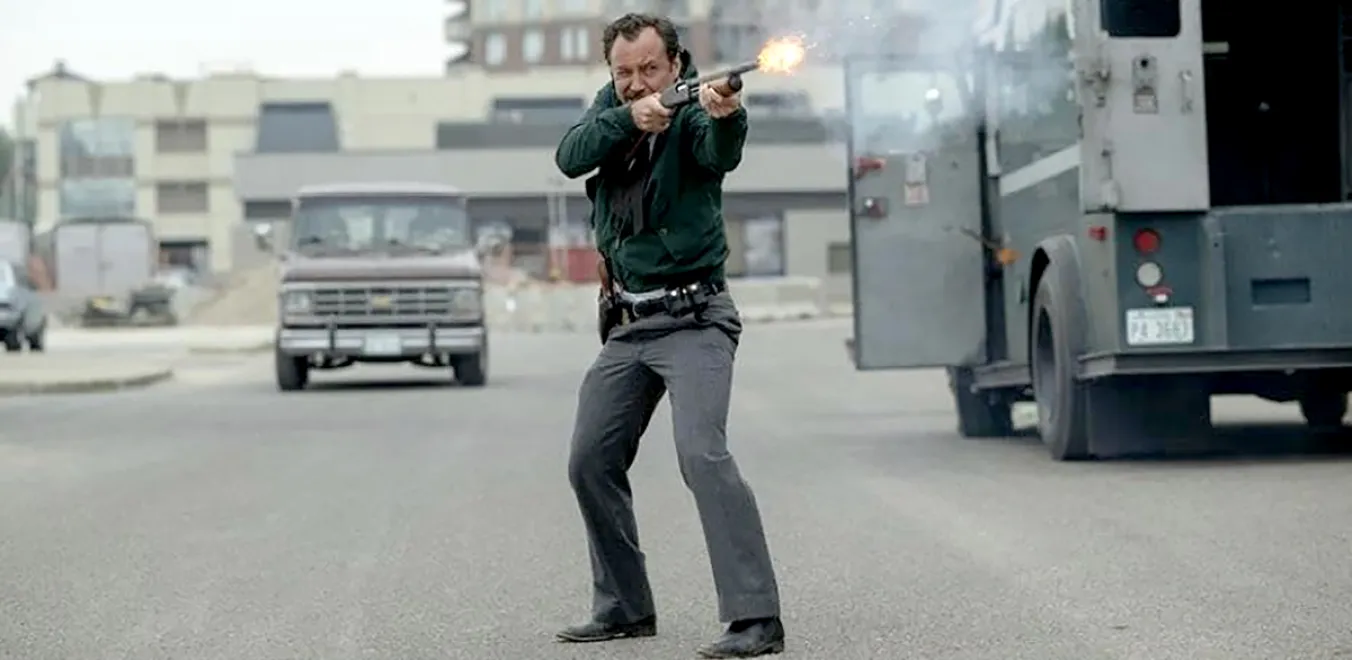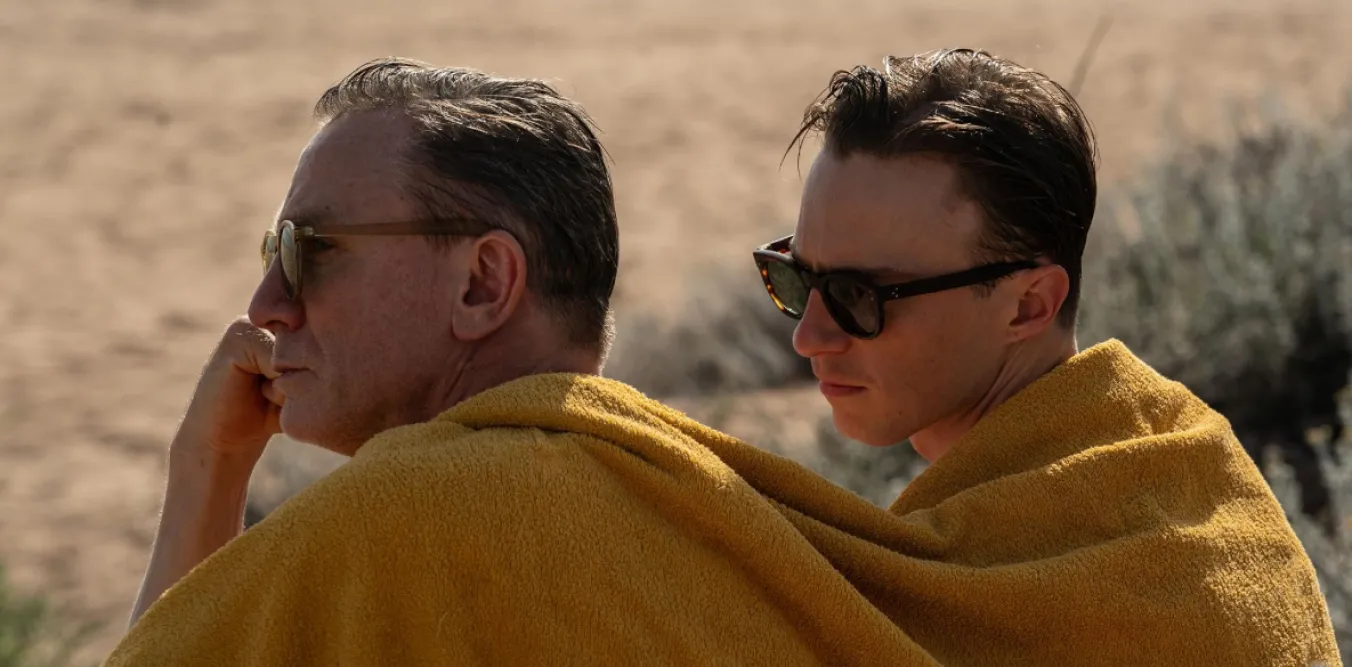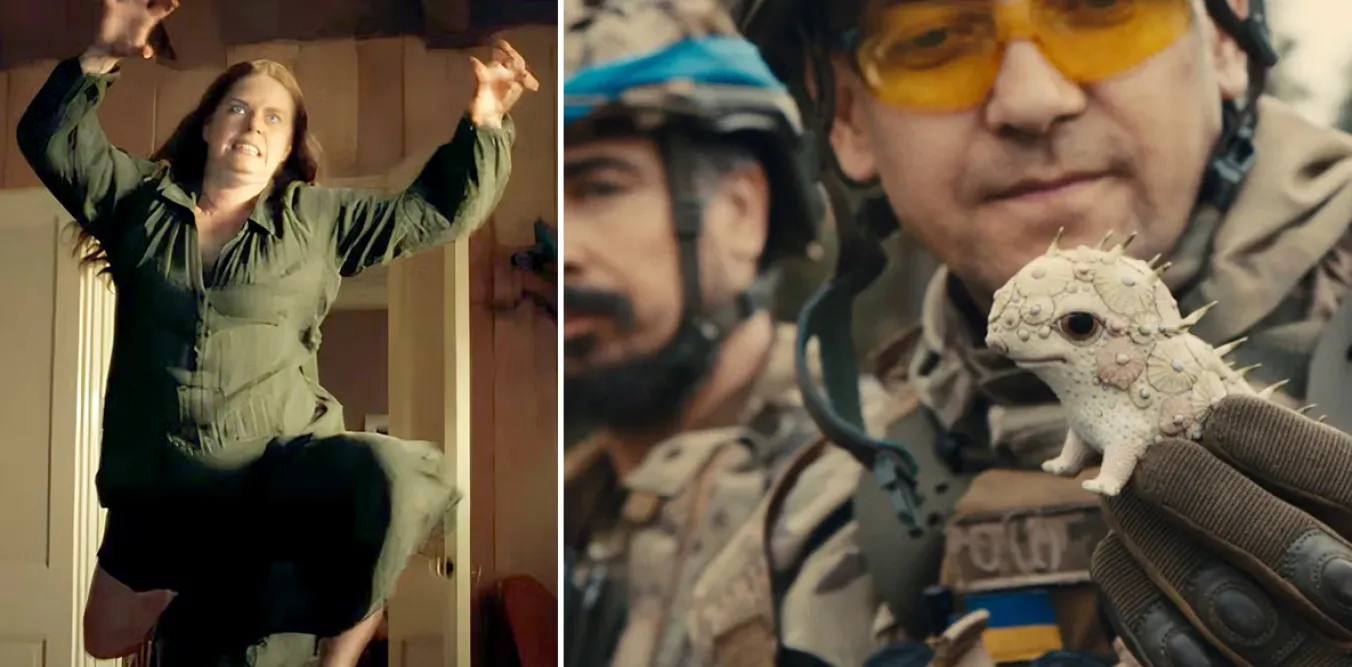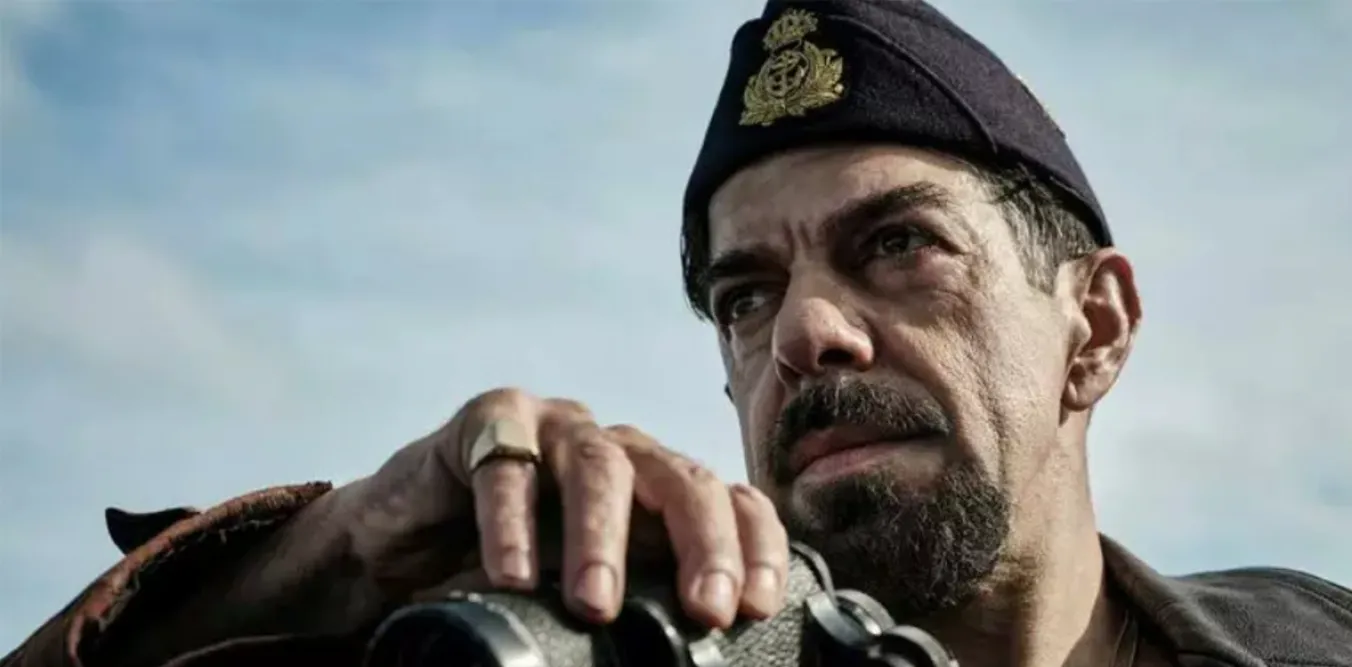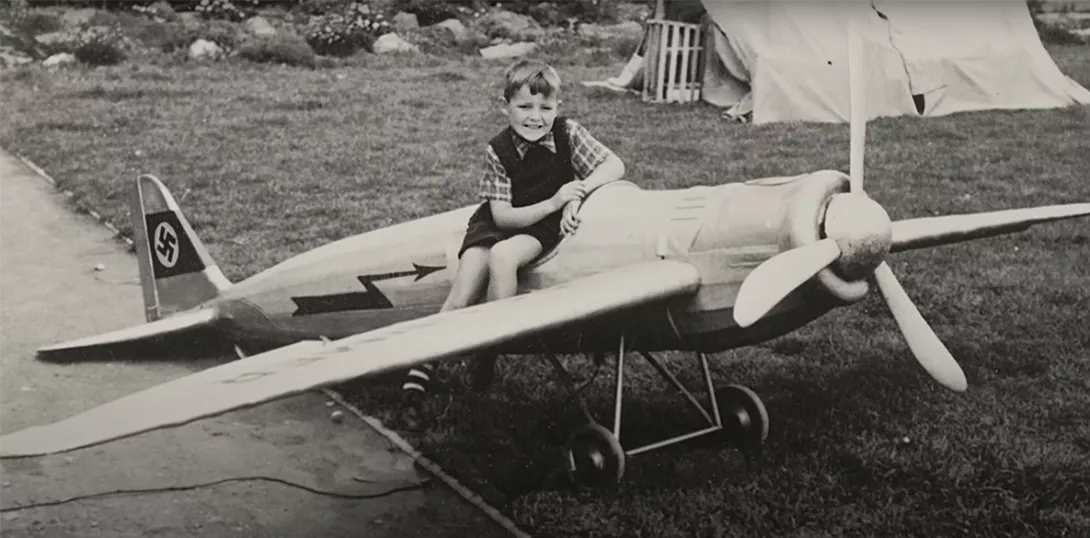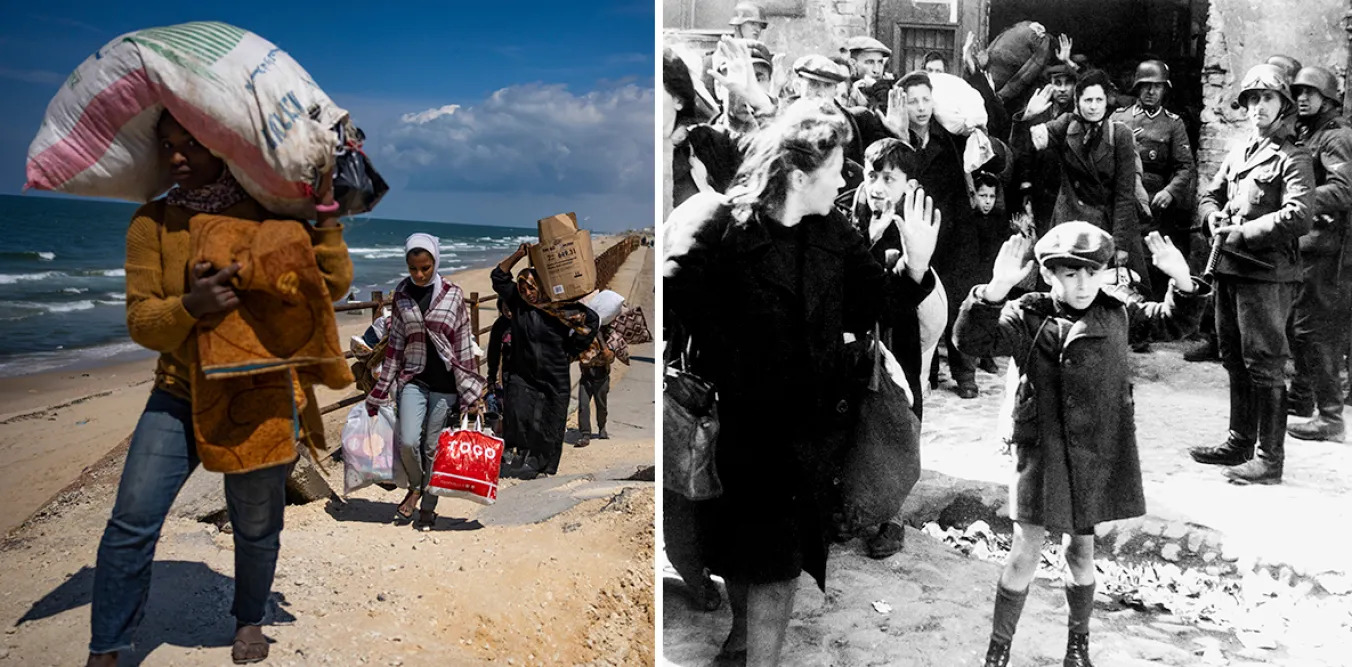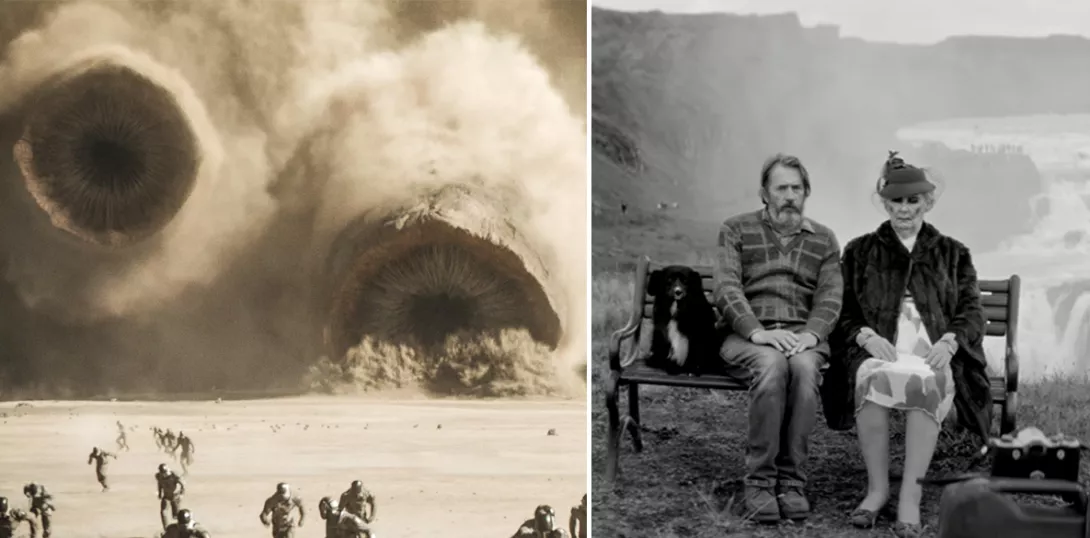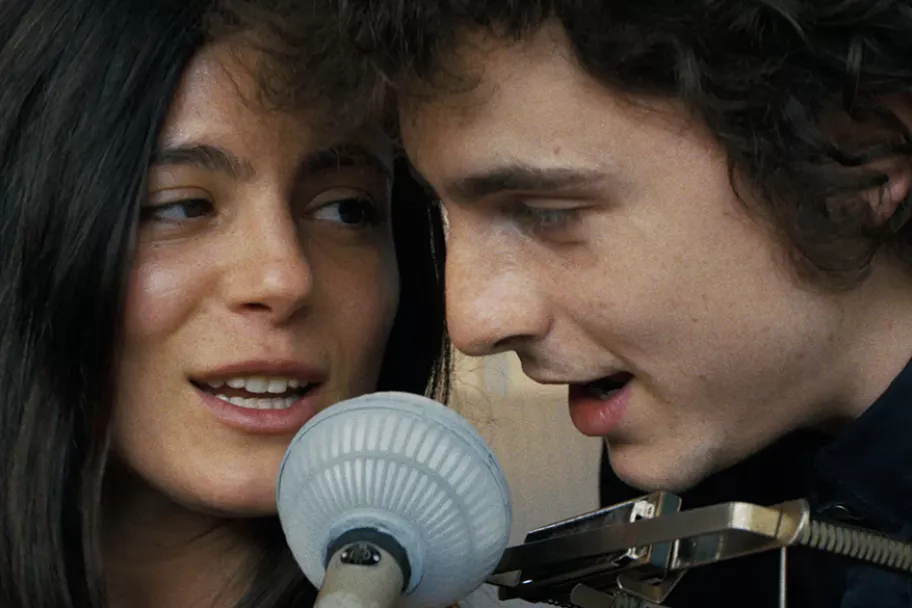
Film of the week
The Zone of Interest (12A)
Directed by Jonathan Glazer
★★★★
IT IS the banality and mundaneness of German domestic life in Jonathan Glazer’s unique Holocaust drama which proves chilling to the bone and is bears out Hannah Arendt’s phrase “the banality of evil.”
Inspired by Martin Amis’s novel the film follows Auschwitz concentration camp commandant Rudolph Hoss (a phenomenal Christian Friedel) and his wife Hedwig (an impressive Sandra Huller) as they live their dream life with their five children in a lush villa with a beautiful garden situated next to the camp. A high wall mostly hides the camp from view but the sounds emanating from there are unmistakable.
When Hedwig’s mother comes to stay, she congratulates her daughter for her good fortune. As Hedwig shows her around her garden which she regards as her paradise you can see the structure next door looming above it. When her mum asks her if any of her domestic staff are Jews Hedwig responds, “the Jews are over the other side of the wall.” Clearly out of sight out of mind.
Written and directed by Glazer, the script is based on the testimony of camp survivors and people who had lived and worked at the house for the Hoss family. Shot on location next to Auschwitz it is a bold and audacious film which does away with the usual motifs of the Holocaust drama. It won the Cannes Grand Prix in 2023.
You never see any atrocities just the crematorium’s burning chimneys in the distance emitting smoke at night.
Instead, it depicts these people’s day-to-day pampered existence and the compartmentalisation of their lives and the horror that they lived next door.
Hoss was one of the longest serving commandants at Auschwitz and apparently was responsible for its creation.
